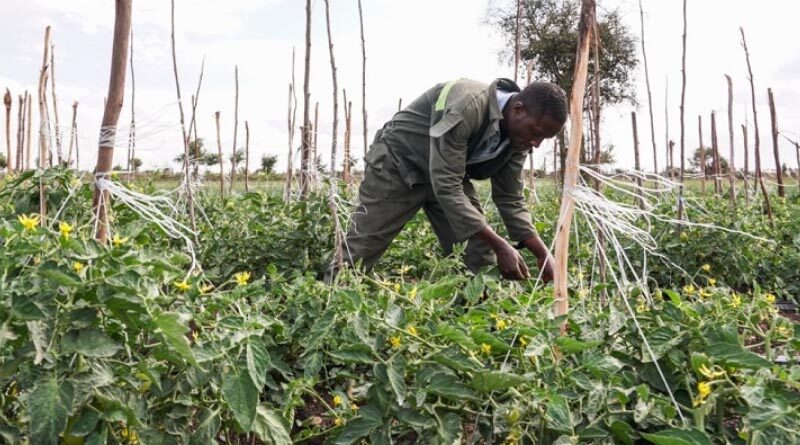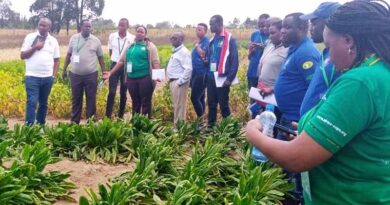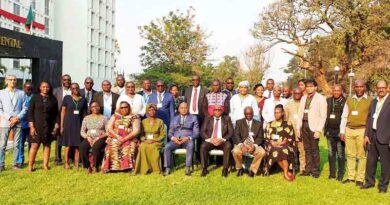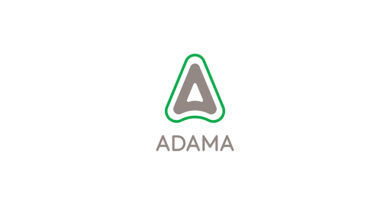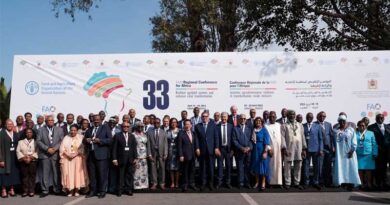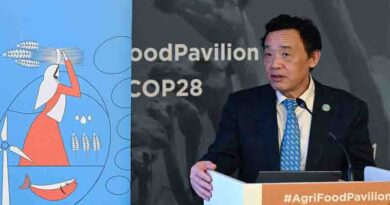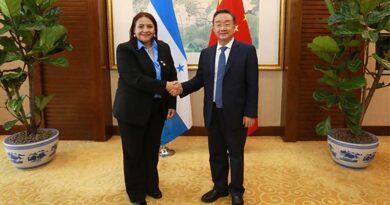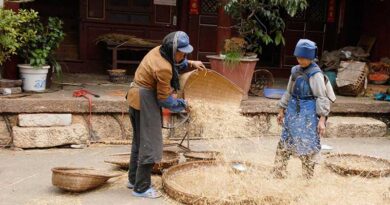CABI shares expertise at 3rd International Phytosanitary Conference aimed at enhancing international trade
08 October 2021, Africa: CABI has shared its expertise – gleaned from digital extension know-how and application in global programmes such as Plantwise, Action on Invasives (AoI) and the new PlantwisePlus – at the 3rd International Phytosanitary Conference held recently.
Scientists based at CABI’s regional centre for Africa in Nairobi, Kenya, took part in two special sessions at the conference – hosted and delivered virtually by the Kenya Plant Health Inspectorate Service (KEPHIS) as part of International Year of Plant Health 2020 – in alignment with the theme ‘Enhancing phytosanitary systems for healthy plants, safe and sustainable trade.’
The conference was also co-sponsored by CABI along with others including the Kenyan government, the Center of Phytosanitary Excellence (COPE), the Common Market for Eastern and Southern Africa (COMESA), the International Maize and Wheat Improvement Center (CIMMYT), Syngenta, the Food and Agriculture Organization of the United Nations (FAO) and the International Year of Plant Health 2020.
Impact of pests and diseases
In a speech read on behalf of Hon. Peter G. Munya, Cabinet Secretary for Kenya’s Ministry of Agriculture, Livestock, Fisheries and Cooperatives, Douglas Kangi, the Director of Crops Management told the delegates that globally pests and diseases affect the quality of crops and reduce crop production by 33% – resulting in the loss of income and disruptions of international markets, thereby affecting trade between countries.
He added that with the world facing unprecedented global warming – which has greatly affected how we grow our food and feed and how we trade – this, together with increased global trade, has necessitated the need for seed varieties tolerant to pests and drought as well as greater efforts to mitigate invasive alien pests and diseases.
Also Read: Sugarcane labourers in Maharashtra to get an identity
The Cabinet Secretary’s speech also stressed that the theme of the conference was very apt in that despite the challenges, immense opportunities are available. These include the automation of phytosanitary systems, increased collaboration with local and international partners and awareness and sensitization forums for farmers and other stakeholders.
On the opening day of the conference, Dr Joseph Mulema gave an overview of CABI’s global programmes – including Plantwise, AoI and PlantwisePlus – before CABI intern Mercy Rono spoke about how extensive surveillance of key potato growing areas in Kenya confirmed the absence of potato ring rot (Clavibacter sepedonicus). Lucy Karanja then presented the issue of Pectobacterium species in the soils of smallholder potato farmers in Kenya.
Digital tools
On the final day, Dr Joseph Mulema gave an overview of CABI digital tools which included the new Pest Risk Analysis tool, Horizon scanning tool, various compendia especially the Crop Protection Compendium and Invasive species compendium both of which are very important in phytosanitary work. Dr MaryLucy Oronje and George Momanyi, Chief Inspector from KEPHIS, spoke in more depth about the use of digital tools to monitor and manage phytosanitary risks. Dr Oronje’s talk introduced the concept of horizon scanning and insight reporting for monitoring and managing phytosanitary risks while Mr Momanyi expanded on how this can be used to prioritize Invasive Alien Species (IAS) – such as the fall armyworm (Spodoptera frugiperda) – that has the potential to threaten Kenya’s agriculture, biodiversity and economy.
Dr Morris Akiri, CABI’s Senior Regional Director, Africa, said, “A recent CABI-led study revealed that Invasive Alien Species are estimated to cost Africa’s agricultural sector USD 65.58 billion a year – equivalent to 2.5% of the Gross Domestic Product of all African countries combined.
“It is imperative, therefore, that we utilize opportunities presented by events such as the International Phytosanitary Conference to come together and share expertise to find innovative and sustainable ways to help millions of smallholder farmers grow more and lose less to pests and diseases – thereby not only increasing their livelihoods but also local, national and global food security.”
Export ban lifted
In July, Fresh Fruit Portal.com reported how Kenya resumed mango exports to Europe after eight years following a self-imposed ban due to interceptions because of fruit flies. Mr Momanyi reported that a certification protocol validated by stakeholders in the value chain had helped exports resume – aided by funding from the US Agency for International Development (USAID) for hot water treatment facilities to eliminate fruit flies before export.
CABI’s work in partnership – as part of a project part-funded by CABI and the Netherlands Ministry of Foreign Affairs and the private sector – in 2018 helped Ghana’s vegetable exports, worth USD 15 million a year, resume after a European ban was imposed in 2015. The work included improving the country’s technical and organizational capacity in its entire horticulture supply chain to allay fears around four quarantine pests including false codling moth, whitefly, thrips and fruit fly. The lifting of the ban means Ghana is once again exporting chilli peppers, bottle gourds, luffa gourds, bitter gourds and eggplants to Europe once more

